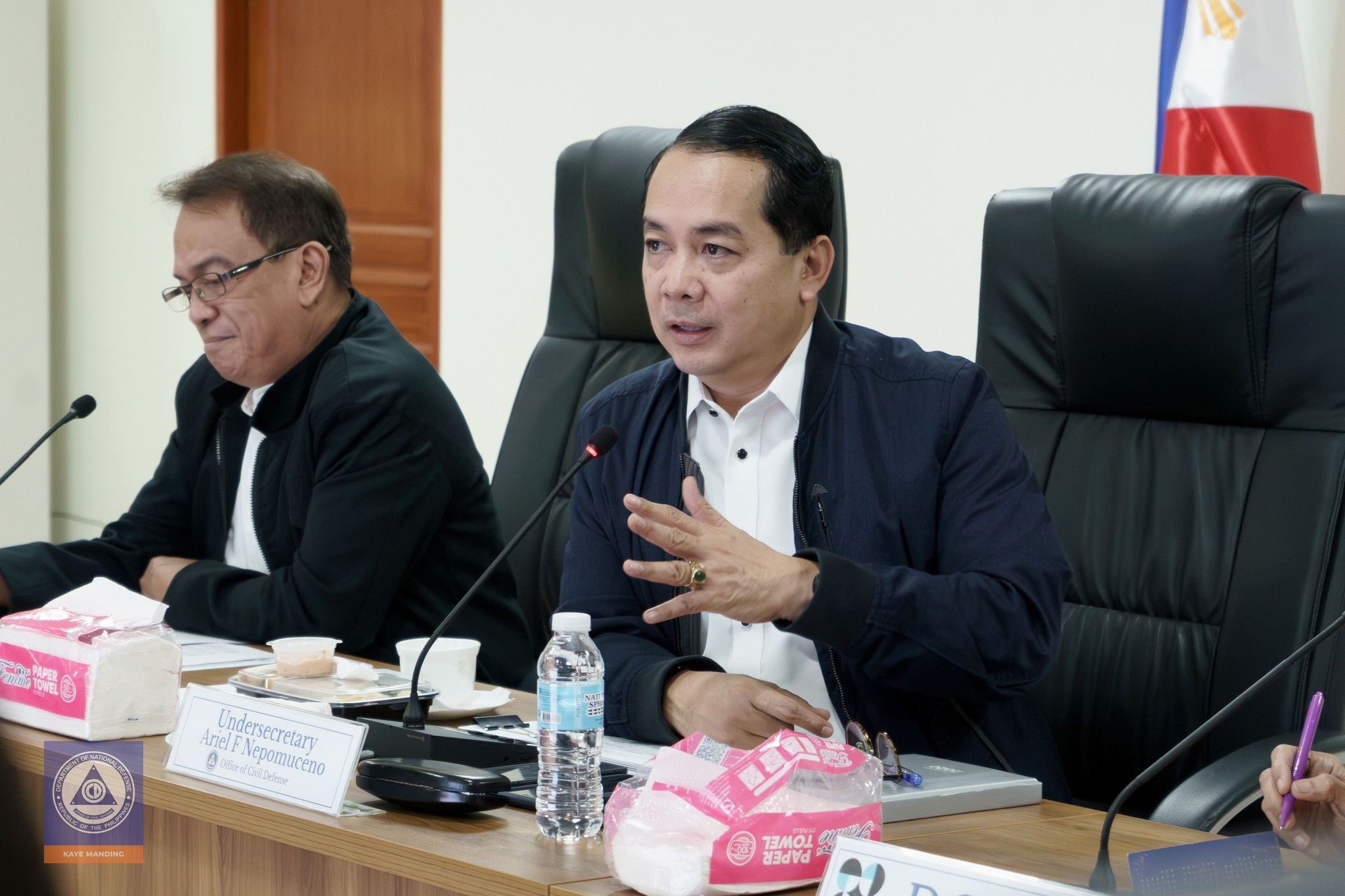News
OCD chief bats for centralized 911 system
By Priam Nepomuceno, Philippine News Agency

Nepomuceno and Department of the Interior and Local Government (DILG) Secretary Jonvic Remulla discussed the goal early this week, saying this vision aims to improve coordination and response times during crises across the country. (File Photo: Civil Defense PH/Facebook)
MANILA – Office of Civil Defense (OCD) administrator Undersecretary Ariel Nepomuceno is pushing for a centralized national 911 system that integrates responses for both crime and disaster emergencies.
Nepomuceno and Department of the Interior and Local Government (DILG) Secretary Jonvic Remulla discussed the goal early this week, saying this vision aims to improve coordination and response times during crises across the country.
“Pangarap po namin na mayroong 911. Siya rin po, iyan din ang direksyon. Mukhang magagawa na ang pag-integrate ng 911 system sa kabuuan ng bansa (We are dreaming of having an integrated 911 system. He [the DILG chief] said that is a step in the right direction. Integrating the 911 system all over the country can be done),” Nepomuceno said in a news release Wednesday.
“Sabi ko, gawin na nating isa lang ang 911: criminal emergency o crime emergency at disaster emergency. Sa ngayon, pangarap pa lamang po namin iyan (I told him, let’s make 911 capable of responding in criminal and disaster emergencies. For now that is our dream),” he added.
Nepomuceno outlined the Philippine government’s structured approach to emergency management, which encompasses both natural and human-induced calamities.
The management of emergencies, he said, is divided into four key areas such as mitigation, preparation, response and long-term solutions.
He added that the Department of Science and Technology is primarily responsible for mitigation, focusing on enhancing community resilience to reduce potential harm.
The DILG leads preparations for disasters and ensures that measures are in place before calamities strike while the Department of Social Welfare and Development takes the lead in response efforts.
The National Economic and Development Authority, meanwhile, is at the forefront of long-term solutions such as infrastructure repairs and rebuilding.
Nepomuceno acknowledged the complexity of the disaster management structure and the potential confusion it may cause the public.
The National Disaster Risk Reduction and Management Council (NDRRMC) consists of 45 member agencies, including representatives from the private sector, to ensure a coordinated response based on the specific stage of an emergency.
The chairperson of the NDRRMC is Defense Secretary Gilberto Teodoro Jr., who is also involved in these efforts.
As the NDRRMC’s secretariat, the OCD plays a crucial role in facilitating communication and coordination among government agencies.
Nepomuceno said an effective emergency management depends on the seamless integration of actions across involved parties.





















